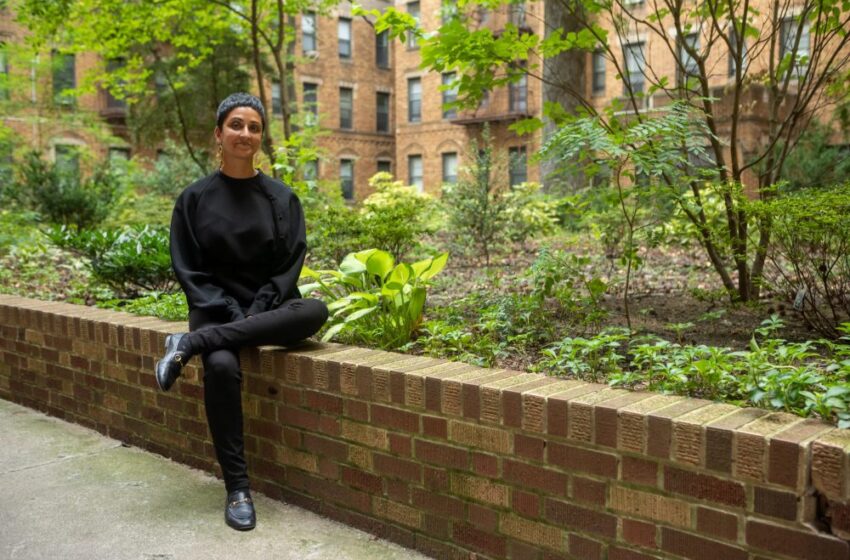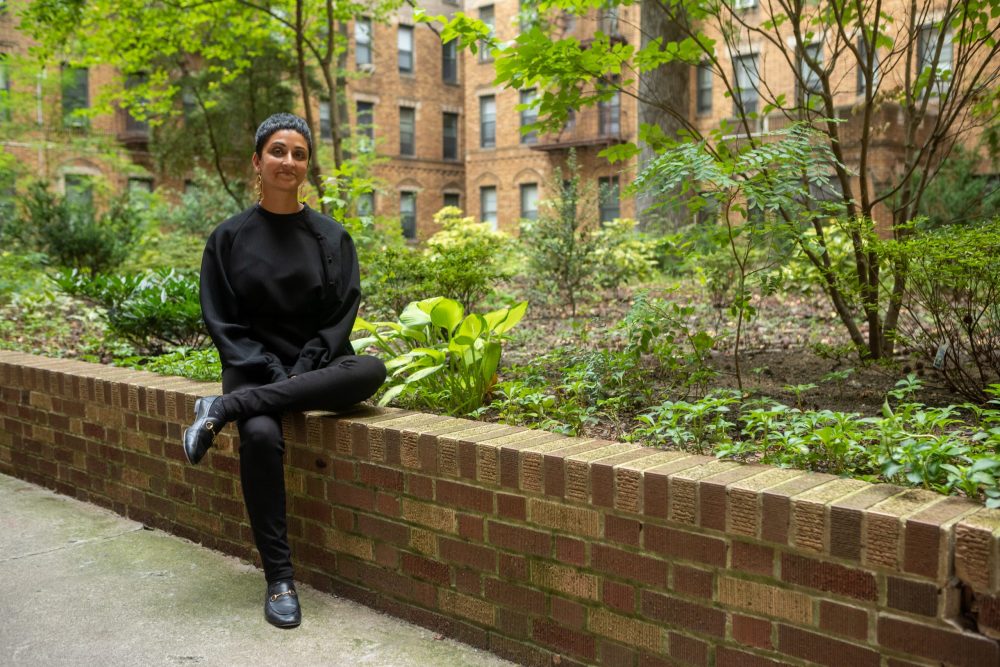Priti Krishtel named to global anti-racist health panel

Priti Krishtel, Health Justice Lawyer, 2022 MacArthur Fellow, Oakland, CA

Indian-American health justice lawyer has spent 20 years exposing structural inequities affecting access to healthcare
Indian-American health justice lawyer Priti Krishtel and four other US-based experts have been named to a global panel that seeks to identify anti-racist strategies to improve health globally.
The three-year O’Neill-Lancet Commission on Racism, Structural Discrimination and Global Health based at O’Neill Institute at Georgetown University Law Center, Washington is co-led by UN Special Rapporteur on right to health, Dr. Tlaleng Mofokeng.
It includes close to 20 experts from across the globe, with a purpose to promote anti-racist strategies and actions that will reduce barriers to health and wellbeing, according to a commission press release.
Read: Priti Krishtel wins $800,000 McArthur Fellowship (October 13, 2022)
The Commission starts with substantial evidence that communities are facing health barriers solely on the basis of race, ethnicity, tribe, caste, gender identity or expression, sexual orientation, ability, class, geography, or religion, it says.
“I’m so proud to serve on this Commission that will help shape a future where all people know they can keep their loved ones healthy, where people actively shape what access to medicines looks like for their families and communities,” said Krishtel, who has spent 20 years exposing structural inequities affecting access to medicines and vaccines across the Global South and in the United States.
Four other US experts named to the panel are: Camara Jones, an African American family physician and epidemiologist; Margareta Matache, a Roma scholar; Tendayi Achiume, a Southern African legal scholar; and Loyce Pace, assistant secretary for global affairs and US liaison, US Department of Health and Human Services.
The global group spans across academia, medicine, law, and civil-society leaders — bridging work on public health, racial discrimination, law, human rights and public policy.
The concept of the Commission is founded on the recognition that racism, rather than race, creates and maintains unjust and avoidable health inequities in countries around the world, according to the release.
The Commission starts from the premise that racism is a transnational phenomenon that requires global solutions, both inside and outside the health sector, it said. While national racism has been researched in some countries, racism as a driver of health inequities is not sufficiently understood and addressed as a phenomenon that spans borders.
The spread of Covid-19 highlighted how socioeconomic inequalities, systemic racism, and structural discrimination influence not only the risk and impact of disease, but also access to quality treatment and care, the release noted.
“During the Covid-19 pandemic, systemic racism was also evident as world leaders failed to grant a patient waiver for Covid-19 vaccines. This would have ensured wider, earlier access to vaccinations for people living in Africa and parts of Southeast Asia,” said Mofokeng,
The Commission will go beyond simply documenting disparities, as that is insufficient for understanding the connections between race, ethnicity, structural discrimination and global health, according to the release.
The Commission will investigate specific outcomes seen across countries and consult communities to understand their causes and impact.
Recognizing that global health financing and foreign aid between colonial powers and formerly colonized regions are shaped by the legacy of these relationships, the Commission will also set out to examine and challenge current global health governance systems and structures.
To achieve its goals, the Commission has set out four charges:
Diagnose the problem of racism in health globally, by reviewing existing national and cross-national evidence on racism in health in a global context.
The Commission will then describe the effects of racial and ethnic discrimination and its intersections on health at a national and international level.
Read: Indian-American on panel to address racism, health discrimination (February 15, 2023)
Identify best practices and actionable anti-racist strategies, by, among other activities, holding consultations with people who have lived experiences of structural discrimination in health, to discover how racist structures in select countries were addressed to close health equity gaps.
Compile a report of its findings, highlighting the strategies, tactics, and actionable lessons that other countries can use to develop anti-racist approaches in the sphere of health policy and service delivery to ensure equitable and just health outcomes.
Disseminate its findings widely to the public, to ensure that the anti-racist strategies and actionable lessons produced are used and contribute a body of knowledge to augment efforts to decolonize global health.

